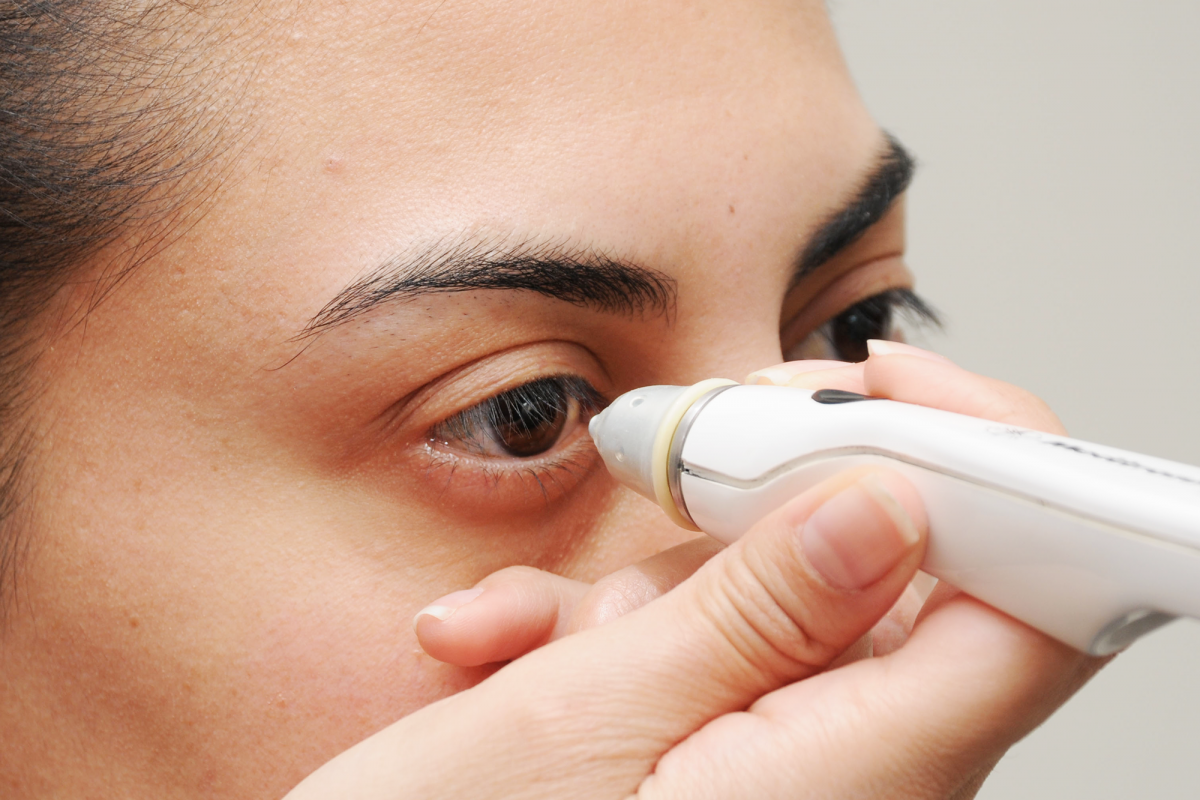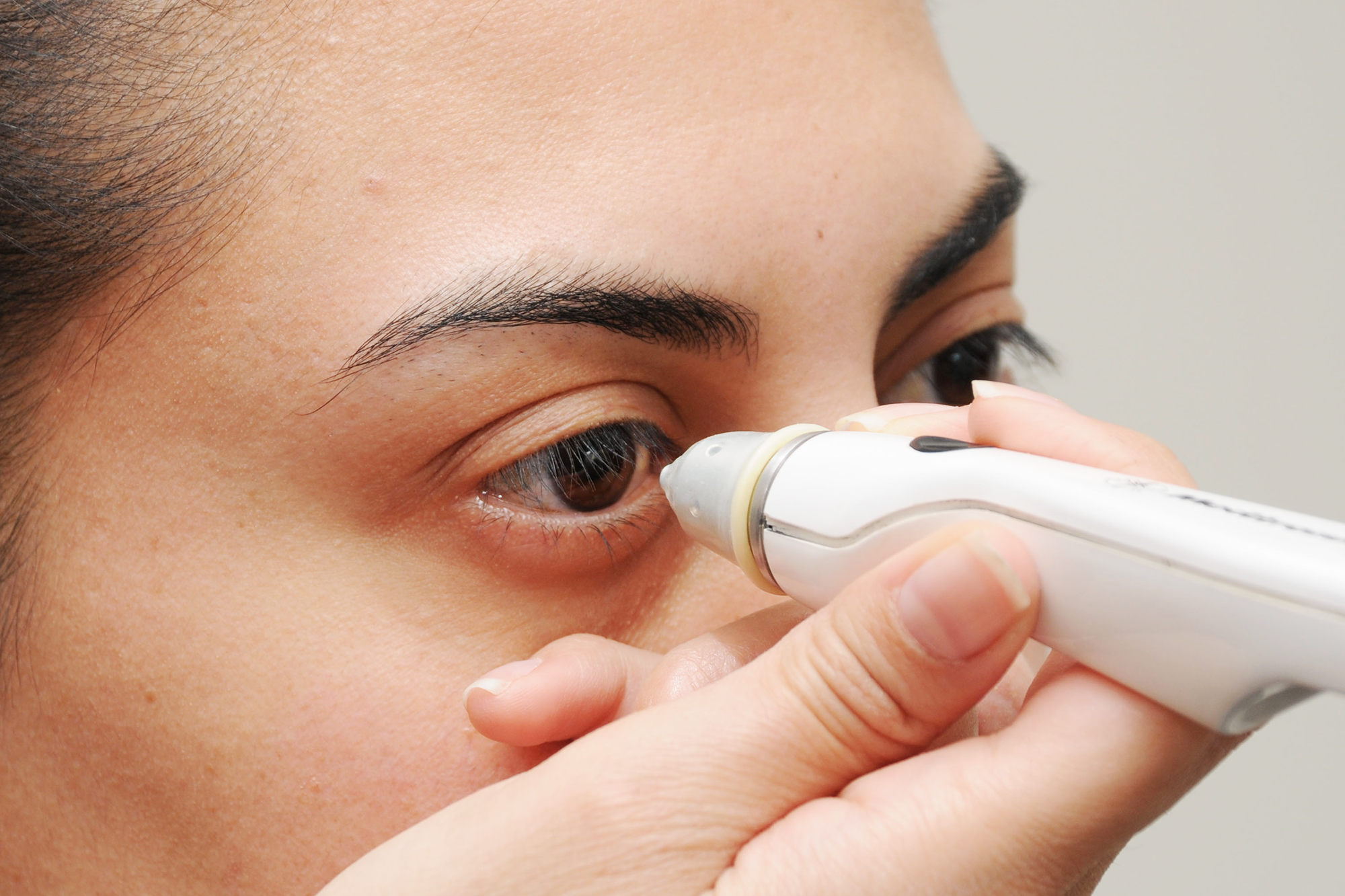Everything you need to know about Glaucoma

Affecting millions, glaucoma is the second leading cause of blindness around the world, according to the World Health Organization (WHO). Glaucoma is an eye disease that can damage your optic nerve, which is responsible for supplying visual information to your brain from the eyes.
How it glaucoma occurs
Glaucoma is usually caused by abnormally high pressure inside the eye. Over time, the increased pressure can damage the optic nerve tissue, which may lead to loss of vision or even blindness. If it’s diagnosed early, you may be able to prevent additional vision loss.
Signs and symptoms
The most commonly found type of glaucoma is primary open-angle glaucoma. It exhibits no signs or symptoms apart from gradual vision loss. For this reason, it’s important that you undergo yearly, comprehensive, eye tests so your ophthalmologist, or eye specialist, can monitor any changes in your vision.
Another form of glaucoma, the acute-angle closure glaucoma (also called narrow-angle glaucoma) is a medical emergency. See your healthcare specialist immediately if you experience any of the following symptoms:
- Severe eye pain
- Nausea or vomiting
- Redness in the eye
- Sudden vision disturbances
- Seeing coloured rings around lights
- Sudden blurred vision
Risk factors for glaucoma include:
- Ageing: Usually, people over the age of 60 are thought to be at an increased risk of glaucom.
- Eye problems: Chronic eye inflammation and thin corneas can cause increased pressure in the eyes. Physical injury or trauma to the eye, such as being hit in the eye, can also cause the eye pressure to increase.
- Family history: Some types of glaucoma may run in the family. If your ancestors had open-angle glaucoma, there is an increased possibility of you developing the condition.
- Medical history: People with diabetes and those with high blood pressure and heart disease have an increased risk of developing glaucoma.
- Use of certain medicines: Using corticosteroids for extended periods may increase your risk of developing secondary glaucoma.
How is glaucoma diagnosed?
To diagnose this health condition, your eye specialist will perform a comprehensive eye examination. He will check for signs of deterioration, including loss of nerve tissue. He may also do one or more diagnostic tests, as given below:
- Tonometry
- Ophthalmoscopy
- Perimetry
- Gonioscopy
- Pachymetry
How Is Glaucoma Treated
The goal of glaucoma treatment is to reduce intraocular pressure or IOP to stop any additional eyesight loss. Normally, your eye specialist will begin treatment with prescription eye drops. If these don’t work or more advanced treatments are needed, your doctor may suggest treatments like medications and surgery.
Prevention
The health condition glaucoma can’t be prevented, but it’s still important to diagnose it early so one can begin treatment that will help prevent it from getting worse. The best way to diagnose any type of glaucoma early is to have an annual preventive appointment with an ophthalmologist. Regular eye-screenings performed during these routine eye checks may be able to detect damage from glaucoma before it advances and begins causing vision loss. Remember, being aware and proactive are the first steps in the battle against glaucoma!
Regency Healthcare: helping you fight glaucoma
The department of ophthalmology at Regency Healthcare is dedicated to treating glaucoma and other eye conditions with the latest and most effective treatments.
Request a call back



 Call-an-Ambulance
Call-an-Ambulance



